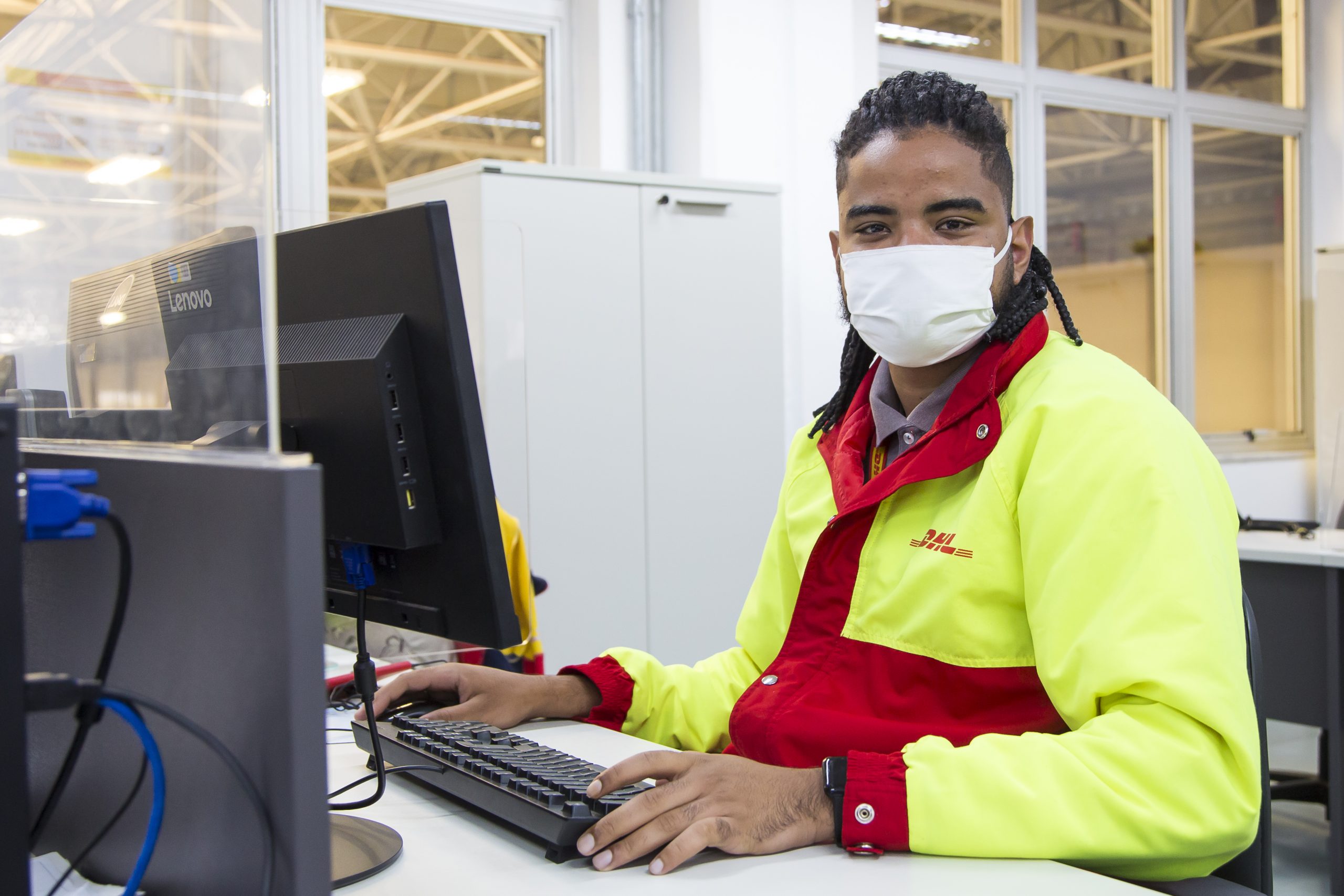Professional and personal development is a prerequisite to motivating and retaining talented employees, and it’s therefore vital to business success. So how do we go about it? Louise Gennis, VP Global Talent Management, Acquisition, Learning & Development and Nicki Hay, VP HR Global Functions and Chief Development Office – DHL Supply Chain, explain their approach.
Even back in 2017 – which seems an awfully long time ago now – McKinsey estimated that as many as 375 million people (or, to put it another way, 14 percent of the global workforce) would need to learn new skills or switch jobs as a result of the way technologies such as AI and automation are transforming the workplace. More recently, the management consultancy has found that 87% of businesses are concerned by skills shortages.
According to a more recent report by McKinsey: “The coronavirus pandemic has made this question more urgent. Workers across industries must figure out how they can adapt to rapidly changing conditions, and companies have to learn how to match those workers to new roles and activities. This dynamic is about more than remote working—or the role of automation and AI. It’s about how leaders can reskill and upskill the workforce to deliver new business models in the post-pandemic era.”
Louise Gennis, VP Global Talent Management, Acquisition, Learning & Development, DHL Supply Chain, says that at DHL Supply Chain we are very much on the same page: ”We firmly believe that by providing a wide range of learning and development opportunities, we have established a key differentiator for why someone would choose to join DHL.”
“We have our Group-wide Certified initiative, through which our people can achieve certification as supply chain specialists. This is designed in order to provide a lifelong learning and engagement journey, from foundation fundamentals and functional specific skills, through to leadership. This helps to give people a common understanding of our business processes, promotes a culture of customer centricity, and helps to create an environment where employees can be at their best every day.”
Through doing so, Louise says, DHL creates a platform for learning so that people can absorb the foundational topics, and then look to having their own individual development plan, with subjects that are tailored to them in terms of learning opportunities.
Building agility
For Nicki Hay, VP HR Global Functions and Chief Development Office, DHL Supply Chain, helping attract top talent is one reason why upskilling and reskilling are important. But she believes it’s also about agility and adaptability: “As the pandemic has shown us, having the skills to be able to switch roles is one of the things that has been very important for us, as some sectors shut down completely, while others boomed.”
“In certain countries we had lots of people who were furloughed or quarantined and we had to rely on the people we had, since firstly we couldn’t recruit quickly, and secondly our people already have the DHL values and culture engrained in them.”
“Of course, upskilling is also really important in terms of job satisfaction and job security, because it gives people the opportunity to maximize their potential.”
Both Louise and Nicki believe that we’re going to see a shift from the old way of HR driving people towards training courses, as people find that digitalization means they can become more responsible for their own development. The role of HR, they say, will be to signpost what’s available both on and offline, making it much easier to access, and people can sign up to our e-learning platform online.
Louise says: “Already, one in three of our employees is an active user of our learning cloud solution and the numbers are increasing every day. Since Covid, the use of our training videos is four times higher than in 2018 and the use of our online tests five times higher. It shows that people really want to learn and see the value in upskilling themselves.”
The impact of Covid has meant that those ‘white collar’ workers who would normally spend a lot of time travelling have been able to turn their attention more to online training. In fact, the increasing availability of mobile-optimized e-learning means that even as they return to travelling, they can still keep up with online development courses, especially since it’s likely that they won’t be travelling to the extent they once did.
Naturally, the content dictates to what extent learning can take place online, and there is very much still a place for the physical interaction of classroom learning which DHL has been able to resume again in some territories.
Bringing subjects to life
Whether the training is on or offline, a very important factor is delivery and about bringing a subject to life. In fact, there is a double whammy as far as upskilling is concerned, because it isn’t only about course participants learning new skills – it’s also about managers honing their presentation skills in order to be able to deliver engaging courses that really bring a subject to life. It’s a question of forgetting everything they know about formal presenting, and learning how to be impactful yet informal.
Nicki concludes: “As with so much else, in the world of learning and development the pandemic has turned everything on its head. But through being adaptable to circumstances, we are continuing to provide the upskilling opportunities that are fuelling adaptability, flexibility – and therefore the resilience that our customers need – in our teams.”









